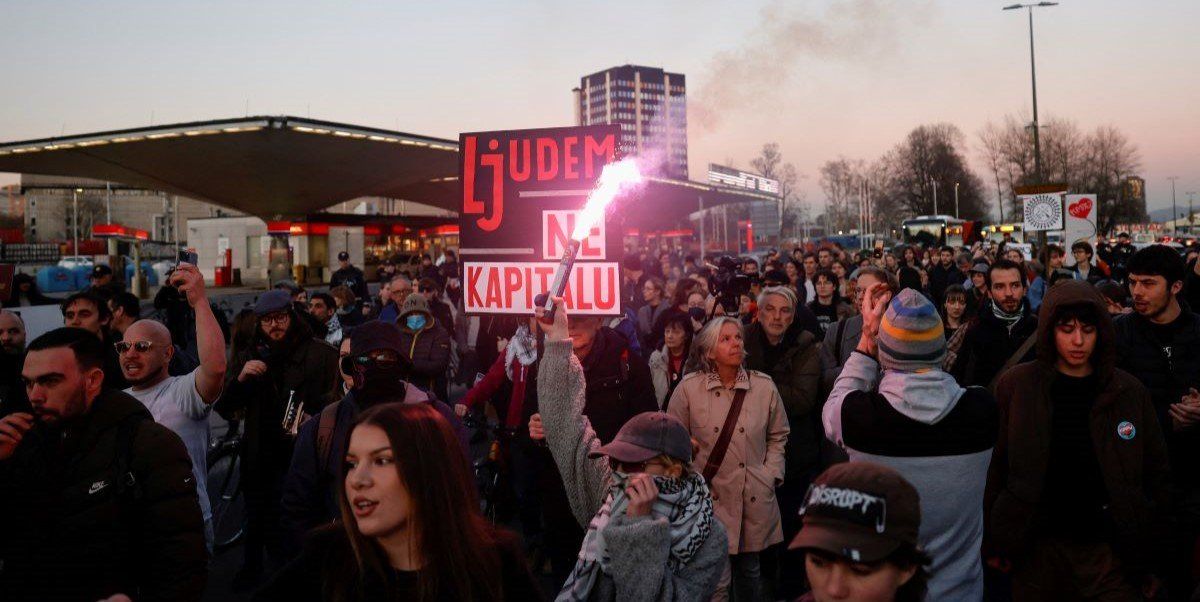After months of historic protests, Serbian President Aleksandar Vučić, is now up against something particularly formidable: the clock.
The context: Vučić, a right-wing populist friendly with Serbia’s traditional ally Moscow, has held power since 2012. Last year, the deadly collapse of a canopy at a renovated train station ignited anti-corruption protests that swelled into the country’s largest demonstrations in a generation.
Protesters want a probe and fresh elections. Vučić has dismissed several officials, including his PM, but refused to step down, blaming unnamed foreign governments for the unrest. On Sunday, he tapped a little-known medical professor, Djuro Macut, as PM.
Clock #1: Vučić’s governing SNS party has until April 18 to approve Macut or else face snap elections. SNS has the numbers in the legislature, but approving Macut, whose expertise is in endocrinology rather than governance, would inflame the streets even more. Rejecting him, however, would trigger elections that Vučić wishes to avoid.
Clock #2: Meanwhile, Vučić must also find a buyer for Russia’s stake in Serbia’s oil refinery to avoid crippling US sanctions on his country’s energy industry.
Why it matters: Serbia is a key player in the Balkans, an aspiring EU member, and a pal of Putin’s. The clock is ticking – if the bell rings, it could echo well beyond Belgrade.
